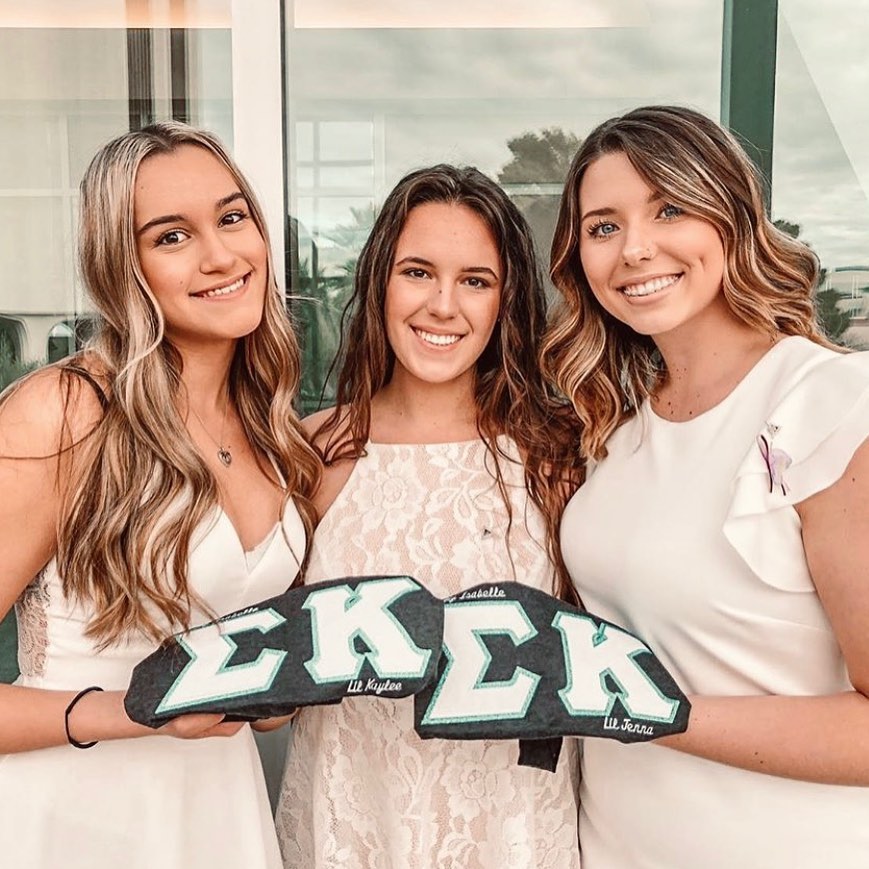
While in college, it seemed as if some new event was happening all the time. More times than not, there was swag I could not go without! If you had asked me then, I could almost swear I wouldn’t have nearly as good of a time if I didn’t have the shirt or the pants that would display my support or affiliation. It was a privilege to not only attend the events but also to buy the apparel that went with it. But, I either could not see my privilege or conveniently ignored it. Although I am grateful, if done again, I would caution my younger self to exercise some restraint. In part, because not everyone is in a position to purchase apparel for every event that pops onto their calendar. But also, because wanton behavior like that contributes to one of the largest environmental issues of our time.
The textile industry is the second-largest pollutant after petroleum. What’s worse is that our main method of disposal, following a classic wardrobe purge after four years of university, is landfill. Also, our “gracious donations” are funneled into a problematic global second-hand clothing market where it floods communities like Ghana and Kenya to once again end up in a landfill, buried or worse, burned.
But there is a silver lining to all the doom and gloom! There are things you can do to no longer contribute to such a harmful cycle. First and foremost, stop buying clothing for every event! I know that is hard to do because of social pressures to fit in, the desire to participate and perhaps involuntary participation where a shirt is given to you as part of the event. I understand and so instead, I offer you three ways to sustainably manage your college swag.
You can donate your clothing directly to women’s and domestic violence shelters.
I believe donating your clothing directly to other women is an act of sisterhood. It costs valuable time and resources to sift through not only your donations but also many others when you donate clothing to places like Goodwill. Many things do not hit the shelves and certainly do not make it into the arms of those who need it. Check your local women’s shelter’s guidelines on clothing donation before donating. Most often shelters will accept clothing that is New, Like New, or Gently Used. Also, be aware shelters are mindful of season-specific clothing. An Anchor Splash tank top in the dead of winter though greatly appreciated won’t be too helpful.
You can swap items among sisters by engaging in online shirt swaps.
Delta Gamma Shirt Swap on Facebook was a great way for me to keep DG clothing among DG women. My chapter established that only Delta Gamma’s could wear Delta Gamma gear. Swapping among fellow sisters was a way to accommodate that “rule.” Every chapter is different, so be sure to check with your chapter’s policy on apparel. Regardless, the shirt swap is really simple and a great way to keep your clothing out of landfills. Request to join the group, post pictures of the items you wish to sell or donate and simply wait. Someone may want your gear. Among a community of twenty-four thousand members, there is bound to be someone.
Lastly (and my favorite), if you have more swag than you know what to do with, you can upcycle your clothing!
I chose this route because I had over 100 articles of clothing that were related to everything I did in college from student government, dance, philanthropies and more. I was up to my ears in clothing and had to travel 1500 miles back to North Dakota after I graduated. My mother’s friend was a quilter and she offered to put together a blanket for me! It was the best thing I had ever done. I was able to hold onto all my memories and have a functional household item I could cherish for the rest of my life. If you are crafty, this could be a fun project for you to take on. But if not, there are thriving quilting communities that would be happy to help. Check out local Meetups and Facebook groups.
Tackling a global issue like textile industry pollution can be daunting but it is our responsibility and our pledge as Delta Gamma women to DO GOOD. We can accomplish this by being mindful of our actions and tailoring our behavior (no pun intended) for the betterment of humanity and the environment. These are a few ways to do just that.

